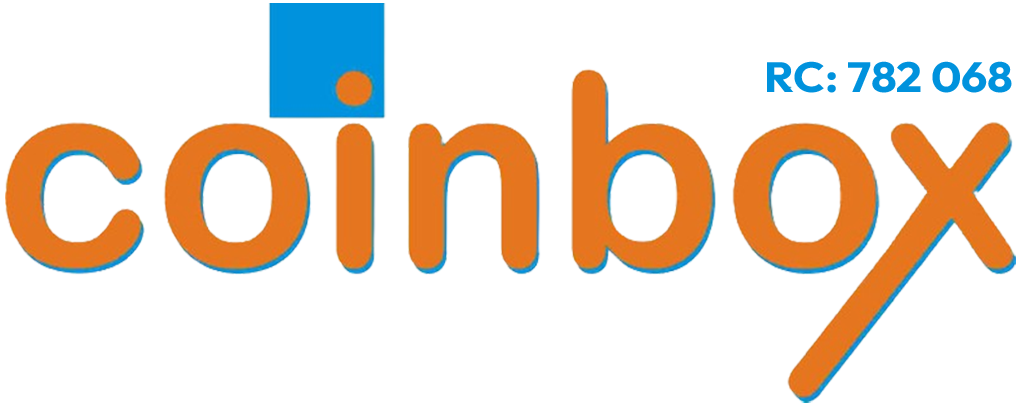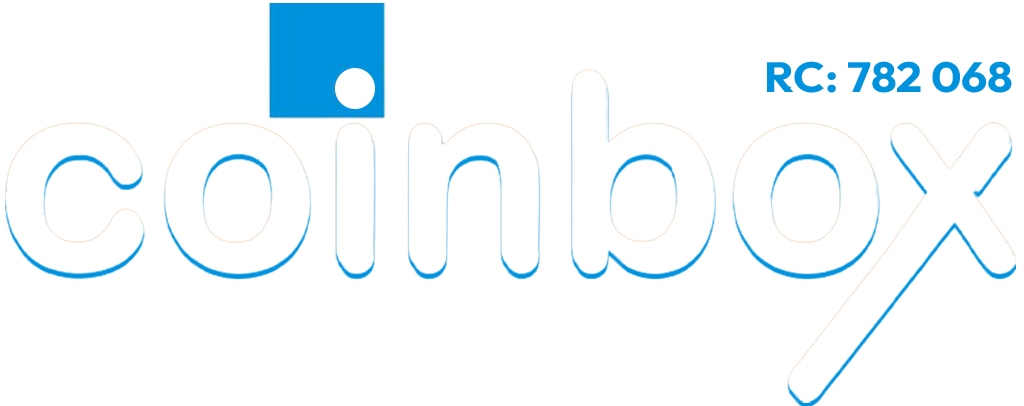The GIG Economy

The gig economy is a labor market characterized by short-term contracts and freelance work, where individuals are hired for specific tasks or projects rather than traditional, long-term employment.
Here’s a more detailed explanation:
Definition:
The gig economy, also known as freelance or contract work, involves short-term, flexible, and often project-based employment arrangements outside of standard employer-employee relationships.
The Origin of GIG

The term “gig economy” emerged from jazz music, where “gig” originally referred to a musician’s individual performance, and then expanded to encompass any type of short-term, independent work.
Here’s a more detailed explanation:
- Jazz Origins:
The word “gig” has its roots in the jazz music world, where it was used to describe a single performance or engagement.
- Expansion of Meaning:
Over time, the meaning of “gig” broadened to encompass any type of short-term, independent work, encompassing freelancers, contractors, and other project-based workers.
- Coined by Tina Brown:

Tina Brown Source – Wikipedia
Journalist and editor Tina Brown is credited with coining and explaining the term “gig economy” in a 2009 article published at The Daily Beast.
- Rise of the Gig Economy:
The gig economy gained prominence in the aftermath of the 2008 financial crisis and the subsequent rise of digital technologies and platforms connecting workers with clients.
Key Characteristics:
-
- Short-term commitments: Work is often project-based or task-based, rather than long-term employment.
-
- Freelance and independent work: Individuals are hired as independent contractors or freelancers, rather than employees.
-
- Digital platforms: Many gig economy activities are facilitated through online platforms that connect workers with clients.
Examples of Gig Work:
-
- Driving for ride-sharing companies (e.g., Uber, Lyft)
-
- Delivering groceries or meals (e.g., Instacart, DoorDash)
-
- Performing home maintenance or other tasks (e.g., Taskrabbit, Thumbtack)
-
- Freelance writing, graphic design, or other creative services (e.g., Upwork, Fiverr)
-
- Selling goods online
-
- Renting out property or equipment
- Platforms:
Popular online marketplaces for gig work include Fiverr, Upwork and Freelancer.com.
The Rise of the Gig Economy:
The gig economy has seen significant growth in recent years, driven by factors such as technological advancements, changing work preferences, and the rise of online marketplaces.
The gig economy, characterized by short-term, project-based work, is reshaping the future of work, offering flexibility and opportunities but also posing challenges for workers and businesses, requiring policy adjustments to ensure fair labor practices and social protections.
Key Aspects of the Gig Economy and its Impact:
- Rise of Non-Standard Employment:
The gig economy represents a broader trend of non-standard employment (NSE), including freelance, contract, and on-demand work, which deviates from traditional full-time, permanent positions.
- Increased Flexibility and Agility:
Companies can leverage gig workers for specific projects or tasks, offering flexibility and agility in their workforce.
- Opportunities for Workers:
The gig economy provides opportunities for individuals to work independently, pursue diverse projects, and potentially earn income through multiple platforms.
- Challenges for Workers:
Gig workers may face challenges related to job security, income instability, lack of benefits, and potential exploitation.
- Need for Policy Interventions:
Governments and policymakers need to address the challenges of the gig economy by harmonizing rules for standard and non-standard employment, updating social protection systems, and supporting lifelong learning.
- Emerging Models:
Collaborative models, such as gig worker cooperatives, could emerge as an alternative to traditional gig platforms, providing more control and benefits for workers.
- Technological Advancements:
The gig economy is driven by technological advancements, such as the internet and online platforms, that facilitate the connection between businesses and gig workers.
- Skill Development and Upskilling:
To remain competitive in the gig economy, workers may need to continually update their skills and knowledge through upskilling and training programs.
- Globalization and Accessibility:
The gig economy enables globalization and provides easier access to employment for individuals, both for workers and consumers.
- Social Perceptions and Challenges:
There are social perceptions and challenges related to the gig economy, such as skill set mismatches and technical inefficiencies, that need to be addressed.
The Gig Economy in Nigeria: Threat or Opportunity?
Nigeria, Africa’s largest economy, is no stranger to this trend. This article delves into the nuances of the gig economy in Nigeria, exploring whether it represents a threat or an opportunity for the nation’s workforce and economy.
The Rise of the Gig Economy in Nigeria
The proliferation of the gig economy in Nigeria can be attributed to various factors. The high rate of unemployment and underemployment, particularly among the youth, has driven many to seek alternative sources of income. Technological advancements and increased internet penetration have also played a crucial role, enabling platforms that connect freelancers with clients locally and internationally.
According to the National Bureau of Statistics (NBS), Nigeria’s unemployment rate was 33.3% in Q4 2020. Many of these unemployed individuals have turned to gig work for sustenance. Additionally, the COVID-19 pandemic accelerated the shift to remote work, further entrenching the gig economy.
Opportunities Presented by the Gig Economy
The gig economy offers several potential benefits for Nigeria. Firstly, it provides a flexible source of income for a large portion of the population. Gig workers have the freedom to choose their projects and work hours, which is particularly advantageous for those who need to balance work with other responsibilities.
Moreover, the gig economy can contribute to poverty reduction. With accessible platforms, individuals from various backgrounds, including those in rural areas, can find work opportunities that were previously unavailable to them. This inclusivity can help bridge the urban-rural divide and promote economic development at the grassroots level.
The gig economy also fosters entrepreneurship. Many gig workers leverage their skills to build their own businesses, thereby stimulating innovation and competition in the market. This entrepreneurial spirit is essential for driving economic growth and diversification, which are critical for Nigeria’s long-term development.
Challenges and Threats
Despite its opportunities, the gig economy in Nigeria is not without its challenges and threats. One of the primary concerns is job security. Gig workers often lack the benefits and protections that come with traditional employment, such as health insurance, retirement plans, and paid leave. This precariousness can lead to financial instability and stress.
Another issue is the potential for exploitation. The absence of regulatory frameworks means that gig workers are sometimes subjected to unfair treatment, including low pay, delayed payments, and unreasonable demands from clients. Without proper regulations, the gig economy could exacerbate existing inequalities and labor rights abuses.
Furthermore, the rise of the gig economy may also undermine traditional employment models. As more people opt for gig work, companies might reduce their full-time staff to cut costs, leading to a decline in stable job opportunities. This shift could have long-term implications for workforce development and social cohesion.
Conclusion
The gig economy in Nigeria is a double-edged sword. On one hand, it presents significant opportunities for income generation, entrepreneurship, and poverty alleviation. On the other hand, it poses challenges related to job security, worker exploitation, and the potential erosion of traditional employment structures.
To maximize the benefits and mitigate the risks, there is a need for balanced and comprehensive policies. The government, private sector, and civil society must collaborate to create a supportive environment for gig workers, ensuring fair wages, social protection, and access to resources for skill development. Only then can the gig economy truly become a driver of inclusive and sustainable economic growth in Nigeria.
References
- National Bureau of Statistics (NBS). (2020). Labor Force Statistics: Unemployment and Underemployment Report.
- Banjo, A. (2021). “The Rise of the Gig Economy in Nigeria.” Journal of African Economies, 30(1), 45-60.
- Olawale, J. (2020). “Exploring the Opportunities and Challenges of the Gig Economy in Nigeria.” African Economic Review, 29(3), 89-105.
- https://n26.com/en-it/blog/gig-economy. March 29, 2025. 10.01pm WAT.
- https://www.britannica.com/procon/gig-economy-debate. March 29, 2025. 10.01PM WAT.
- https://www.irs.gov/businesses/gig-economy-tax-center#:~:text=The%20gig%20economy%E2%80%94also%20called,like%20an%20app%20or%20website. March 29, 2025. 1010PM. WAT.
Share your thoughts:
How do you think the gig economy will shape the future of work in Nigeria? Share your insights and experiences in the comments below!
Let’s connect:
Follow me for more insights and updates on the gig economy and its implications for Nigeria.
Share this newsletter:
Help spread the word about the opportunities and challenges of the gig economy in Nigeria. Share this newsletter with your network!
Ayo Emakhiomhe.
ayoemakhiomhe@gmail.com




